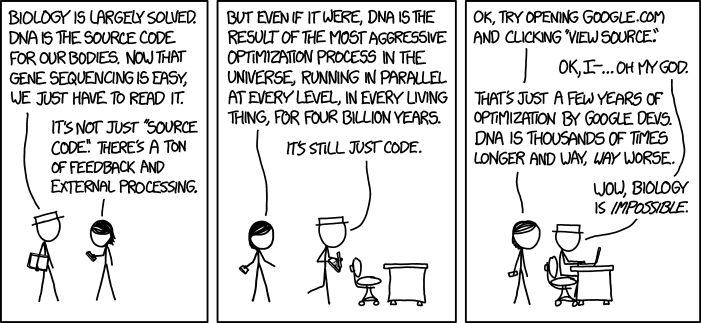This is more of a rebuke than a question but I have to get it out of my chest. So I have this modern laptop ( Dell XPS 13, 2019 model) with 16 GB of RAM, which is plenty for today's standards, and you would think you will only run out of memory if and only if you run all the programs of the world. But, No....
You go fire your Vmware workstation and run two virtual machines on it (Sometimes I run three or more, but it is two machines most of the time for my use cases), and start working while having some firefox windows open. I tend to open new windows that open new tabs in firefox, but nothing extreme. You keep working and you notice your laptop becoming little sluggish, you go into task manager and see your RAM usage spiking up ! In here, one would think it is the virtual machines eating up the RAM because they each take a chunk of your physical RAM to work. But nope, that's not the case at all. What's eating up the RAM is none other than our lovely browser firefox. That's at least according to task manager! In fact, Vmware usage of RAM is much less than firefox. You go close most of firefox windows and keep only two and firefox memory usage will drop from like 80% to 78% ! What's up really here with windows memory management??? Yes, I know that firefox is a memory hog, but to this extent? How can a browser showing me some text written in HTML take more memory than a virtualization software running instances of more that one OS each set to take 2GB of the RAM???
I guess I will go run firefox from within one of virtual machines and see what happens?
I'm not an expert, but seriously what is going on?
You go fire your Vmware workstation and run two virtual machines on it (Sometimes I run three or more, but it is two machines most of the time for my use cases), and start working while having some firefox windows open. I tend to open new windows that open new tabs in firefox, but nothing extreme. You keep working and you notice your laptop becoming little sluggish, you go into task manager and see your RAM usage spiking up ! In here, one would think it is the virtual machines eating up the RAM because they each take a chunk of your physical RAM to work. But nope, that's not the case at all. What's eating up the RAM is none other than our lovely browser firefox. That's at least according to task manager! In fact, Vmware usage of RAM is much less than firefox. You go close most of firefox windows and keep only two and firefox memory usage will drop from like 80% to 78% ! What's up really here with windows memory management??? Yes, I know that firefox is a memory hog, but to this extent? How can a browser showing me some text written in HTML take more memory than a virtualization software running instances of more that one OS each set to take 2GB of the RAM???
I guess I will go run firefox from within one of virtual machines and see what happens?
I'm not an expert, but seriously what is going on?
![[H]ard|Forum](/styles/hardforum/xenforo/logo_dark.png)
